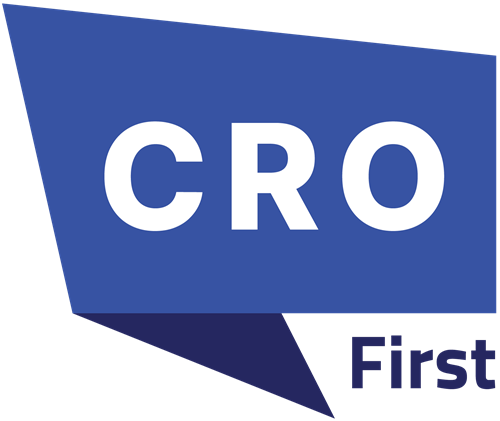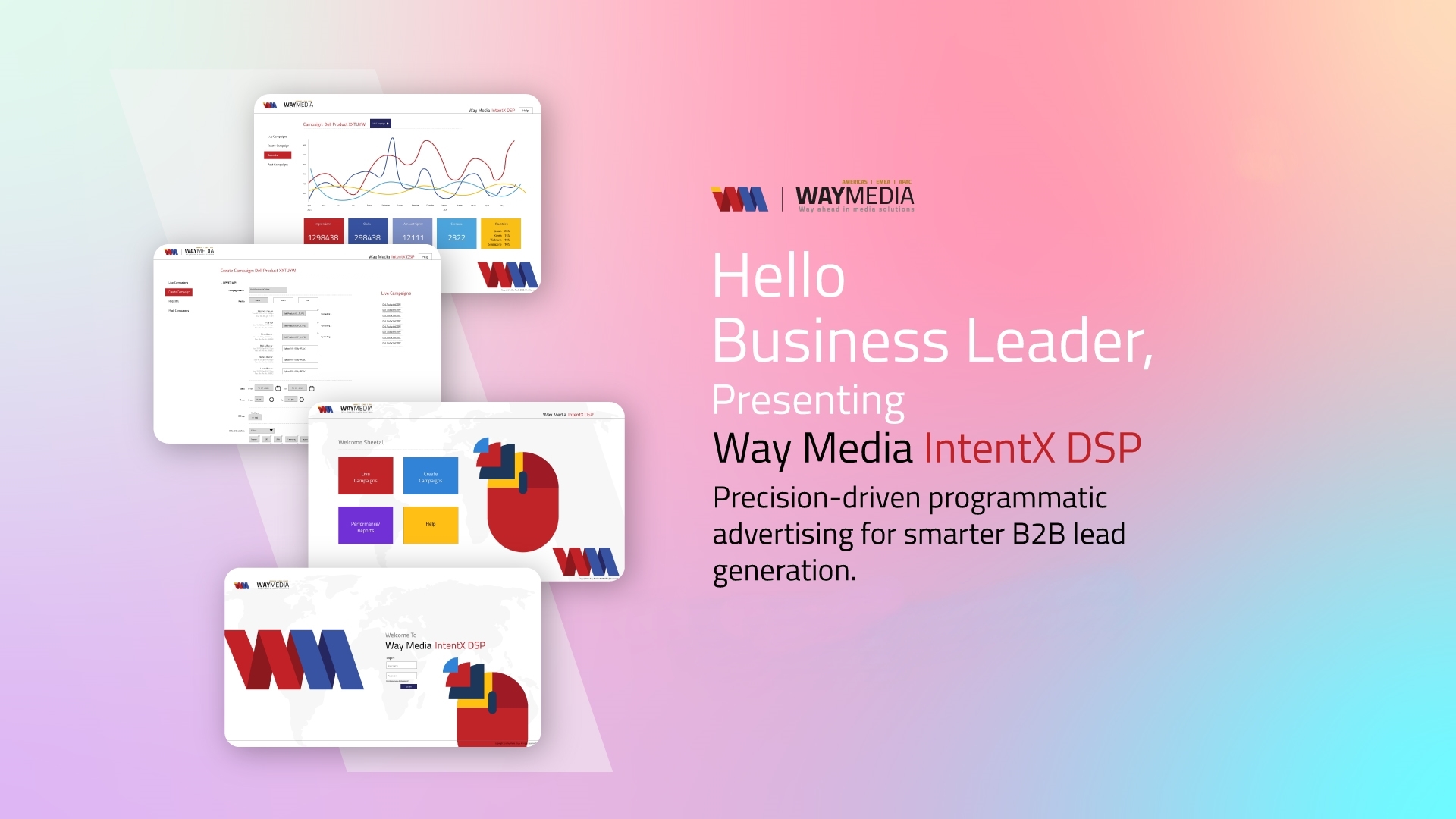1mind, a newly‑publicised startup redefining go‑to‑market (GTM) workflows, announced its official launch, alongside a total funding raise of US$ 40 million, including a US$ 30 million Series A led by Battery Ventures.
Founded by Amanda Kahlow, a veteran of sales‑tech innovation, 1mind introduces a category it calls AI‑Led Growth (AILG), anchored by its ‘Superhumans’: AI‑driven, emotionally intelligent digital agents that engage, qualify and even close deals with buyers.
What 1mind Offers
1mind positions its Superhumans as digital GTM teammates that are highly skilled, persuasively human‑like and available at scale. These agents:
Engage inbound buyer intent in real time—responding faster than human teams often can. The company notes that 78 % of buyers purchase from the first company that responds, and that conversion rates jump by up to 391 % when engagement happens within the first minute.
Seamlessly span the buyer journey—from qualification to demo to onboarding. Superhumans can handle website chats, live video calls, deal‑rooms and tech scoping, either autonomously or in hybrid mode with humans.
Learn continuously, leverage proprietary data and stay brand‑consistent. Unlike basic chatbots, they aim to deliver “human‑level conversations at scale.”
Help organisations reduce high GTM headcount costs (sales is often 60‑80 %+ of GTM budgets) by automating and scaling the volume of engagement.
Several early‑adopter customers (including HubSpot, Nutanix and ZoomInfo) are already seeing strong results:
At HubSpot, the Superhuman “Fiona” achieved 88 % engagement on its segment, a 78 % lift in free trials and a 25 % increase in closed‑won deals.
Other firms report 2×‑5× better conversion compared to typical qualifying bots, shorter sales cycles (‑20 days) and higher average contract value (>2×) through employing Superhumans in GTM flows.
What are the Implications for the Revenue Industry
The launch of 1mind is highly significant for revenue leaders, commercial strategy teams and GTM operations across industries:
A redefinition of GTM automation and scale. The model moves beyond incremental automation (lead scoring, sales‑enablement workflows) to full‑funnel digital engagement agents. This disrupts how companies think about capacity, staffing and responsiveness in buyer‑driven sales cycles.
Monetization models are shifting toward outcomes and engagement. With digital agents outperforming many human workflows, organizations may explore new revenue models. These include subscription-based GTM agents, usage fees per engagement, premium packages for AI-enhanced interaction, and value-based pricing linked to better conversion and faster deals.
Efficiency gains boost margins. By automating sales processes, businesses can rely less on large inside sales or SDR teams. This cuts operational costs per opportunity and allows human talent to focus on strategic or complex accounts. As a result, businesses may see higher margins and improved cost-to-revenue ratios.
Buyer expectations are changing. Buyers now want fast, accurate, and personalized responses from vendors. Superhumans can provide reach, consistency, and 24/7 availability in ways human teams often can’t. Companies that don’t meet these expectations risk losing leads to more responsive competitors.
How will it Broadly Affect Businesses
Beyond the immediate revenue‑function implications, the 1mind launch heralds broader changes for businesses and their commercial ecosystems:
Talent and role evolution. As AI agents handle more routine or high‑volume selling tasks, human sellers may shift to higher‑value work: strategic account leadership, complex negotiations, customer relationships. Sales operations and enablement teams will need to redesign onboarding, roles and performance metrics.
Technology stack transformation. Integrating AI agents with CRM, engagement platforms, video conferencing, live chat, deal‑rooms and analytics becomes critical. The revenue‑tech stack must evolve to support digital‑agent workflows, data capture, agent training and performance measurement.
Data privacy, compliance and customer trust. With AI agents engaging buyers directly, sometimes in highly personalised ways, companies must ensure data integrity, compliance with communication and sales regulations, transparency about AI interactions, and preserve brand trust.
Competitive differentiation. Organisations adopting AI‑led GTM early may gain significant advantage in speed, conversion, customer experience and cost‑efficiency. Firms slower to adapt risk being outpaced in high‑velocity markets.
Business model innovation. As engagement becomes commoditised via digital agents, new monetisable offerings may emerge, such as self‑service purchasing, dynamic quoting, embedded upsells or even agent‑to‑agent autonomous negotiations.
Conclusion
1mind’s launch marks a pivotal moment in the evolution of revenue operations. The company is investing US$ 40 million to launch emotionally intelligent AI Superhumans. These AI tools can engage, qualify, and close deals. This shift is changing how go-to-market functions work.
For revenue leaders, the message is clear: optimize human workflows to stay competitive. You also need to adopt AI-native engagement models. These models should scale, personalize, and match the speed buyers want.
As businesses go digital and buyer behavior shifts, those using human-centered strategies with AI will thrive. This mix will boost growth, improve efficiency, and open new revenue streams.



